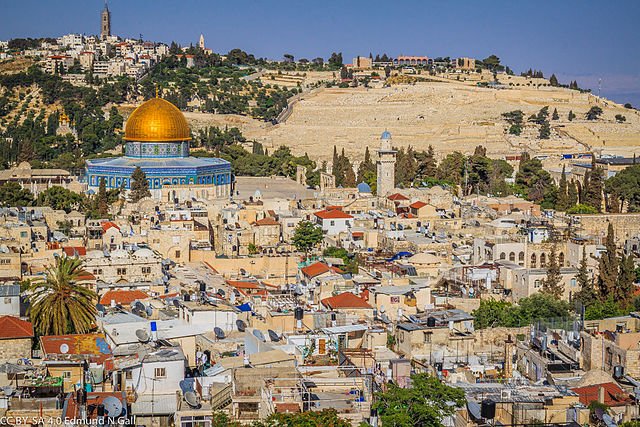The Al-Nejashi Site Development
The Al-Nejashi Mosque, situated in the Tigray region of Ethiopia, holds significant historical and cultural value, particularly within the Islamic tradition. While it may not have the same global recognition as iconic sites like Mecca, Medina, or Jerusalem, it is nonetheless an important part of Africa’s religious and cultural heritage.
If there were aspirations to elevate the Al-Nejashi Mosque to the status of a world-renowned cultural and religious heritage site, several steps would likely be necessary:
- Preservation and Restoration: Ensuring the preservation and restoration of the mosque’s historical and architectural features would be paramount. This would involve meticulous efforts to maintain its authenticity while addressing any damage or deterioration.
- Promotion and Awareness: Increasing awareness of the mosque’s significance on a global scale would be essential. This could involve educational campaigns, cultural exchanges, and collaborations with international organizations dedicated to heritage preservation.
- Infrastructure and Amenities: Developing infrastructure and amenities to accommodate visitors would be necessary to enhance the mosque’s accessibility and appeal. This might include the construction of visitor centers, parking facilities, and accommodations for pilgrims and tourists.
- Community Engagement: Engaging with the local community and stakeholders would be crucial to ensure their involvement and support in the development initiative. This could involve consultation with religious leaders, historians, and residents to incorporate their perspectives and priorities into the project.
- International Recognition: Seeking recognition from international bodies, such as UNESCO, for the Al-Nejashi Mosque’s cultural and historical significance could further elevate its profile and attract support for preservation and development efforts.
- Sustainable Management: Implementing sustainable management practices to protect the mosque and its surrounding environment would be essential for its long-term preservation. This could include measures to mitigate the impact of tourism, promote conservation, and ensure the well-being of local communities.




While the Al-Nejashi Mosque may not yet enjoy the same level of global recognition as Mecca, Medina, or Jerusalem, concerted efforts to preserve, promote, and develop it could help elevate its status as an iconic cultural and religious heritage site in Africa and beyond.



